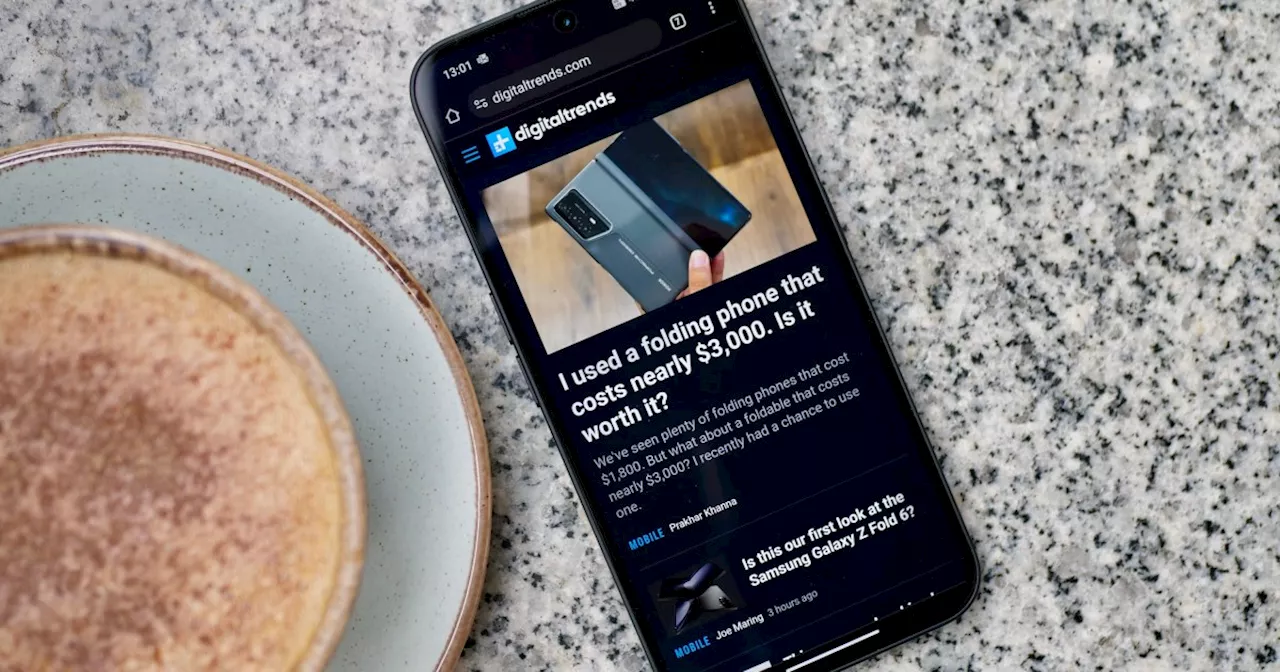Google Chrome and Microsoft Edge have silently implemented a major privacy boost for their Incognito modes. No longer will copied text and media be saved to the clipboard, preventing accidental data exposure. This change aims to ensure that activities within Incognito mode stay truly private.
Google Chrome 's Incognito mode and its equivalent, Microsoft's InPrivate mode, have undergone a significant privacy enhancement. As of 2024, these modes no longer save copied text and media to the clipboard, effectively preventing data from being unintentionally shared or tracked. This change, implemented across Windows 11 and 10, was silently rolled out without any official announcements from either Microsoft or Google.
Prior to this update, copying text or images to the clipboard history would automatically synchronize with Cloud Clipboard on Windows. Users could easily access this synced content by pressing the Windows and V keys, which presented a potential security vulnerability, especially when navigating in incognito mode. The new functionality ensures that activities within Incognito mode remain isolated, aligning with the intended purpose of enhanced privacy.Microsoft's code update on March 25, 2024, introduced this crucial change, preventing copied content from being saved to clipboard history or synced to the cloud while in Incognito Mode. Microsoft acknowledged the unique clipboard formats on Windows designed to exclude sensitive data from syncing, differentiating this approach from platforms like Android. The Windows clipboard formats responsible for preventing history saving include specific protocols that ensure data confidentiality. Importantly, these privacy enhancements extend to macOS and iOS, albeit with slight variations. On macOS, the clipboard is cleared after each copy operation to prevent synchronization on iPhones and Macs. While Google has yet to officially comment on this change, it is speculated that it could be a response to the class-action lawsuit that resulted in a $5 billion settlement for the tech giant. This lawsuit stemmed from allegations of data collection and privacy violations, prompting Google to prioritize user privacy and data security
GOOGLE CHROME INCOGNITO MODE PRIVACY CLIPBOARD DATA SECURITY MICROSOFT EDGE INPRIVATE MODE CLASS-ACTION LAWSUIT
United States Latest News, United States Headlines
Similar News:You can also read news stories similar to this one that we have collected from other news sources.
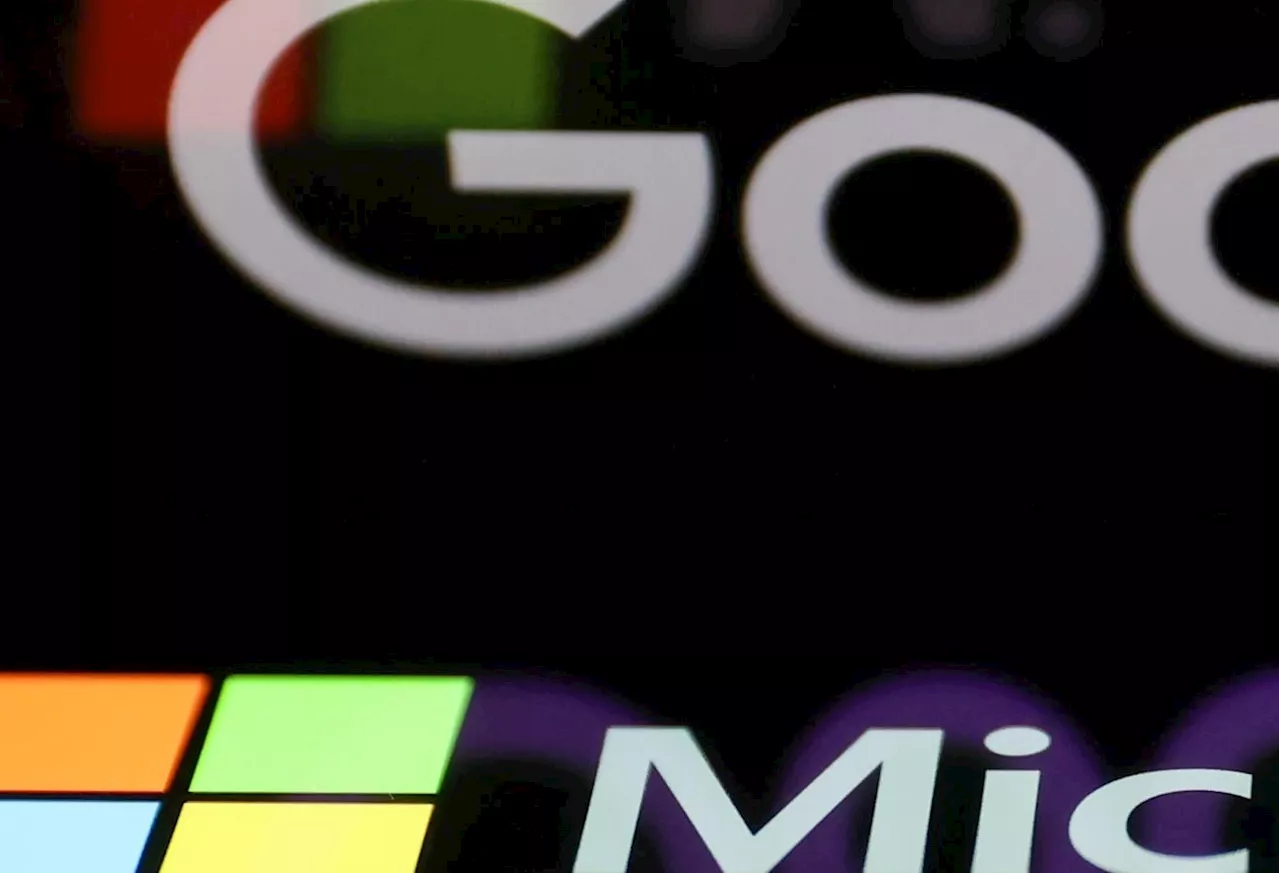 Microsoft Makes Google Disappear in Bing Search ResultsMicrosoft continues its playful competition with Google, now hiding Google search results and promoting its Bing search engine when users search for 'Google' on Bing. This latest tactic, along with other recent moves like mimicking the Google homepage and hindering Chrome's download link visibility, raises questions about Microsoft's strategies to influence user choices in the search market.
Microsoft Makes Google Disappear in Bing Search ResultsMicrosoft continues its playful competition with Google, now hiding Google search results and promoting its Bing search engine when users search for 'Google' on Bing. This latest tactic, along with other recent moves like mimicking the Google homepage and hindering Chrome's download link visibility, raises questions about Microsoft's strategies to influence user choices in the search market.
Read more »
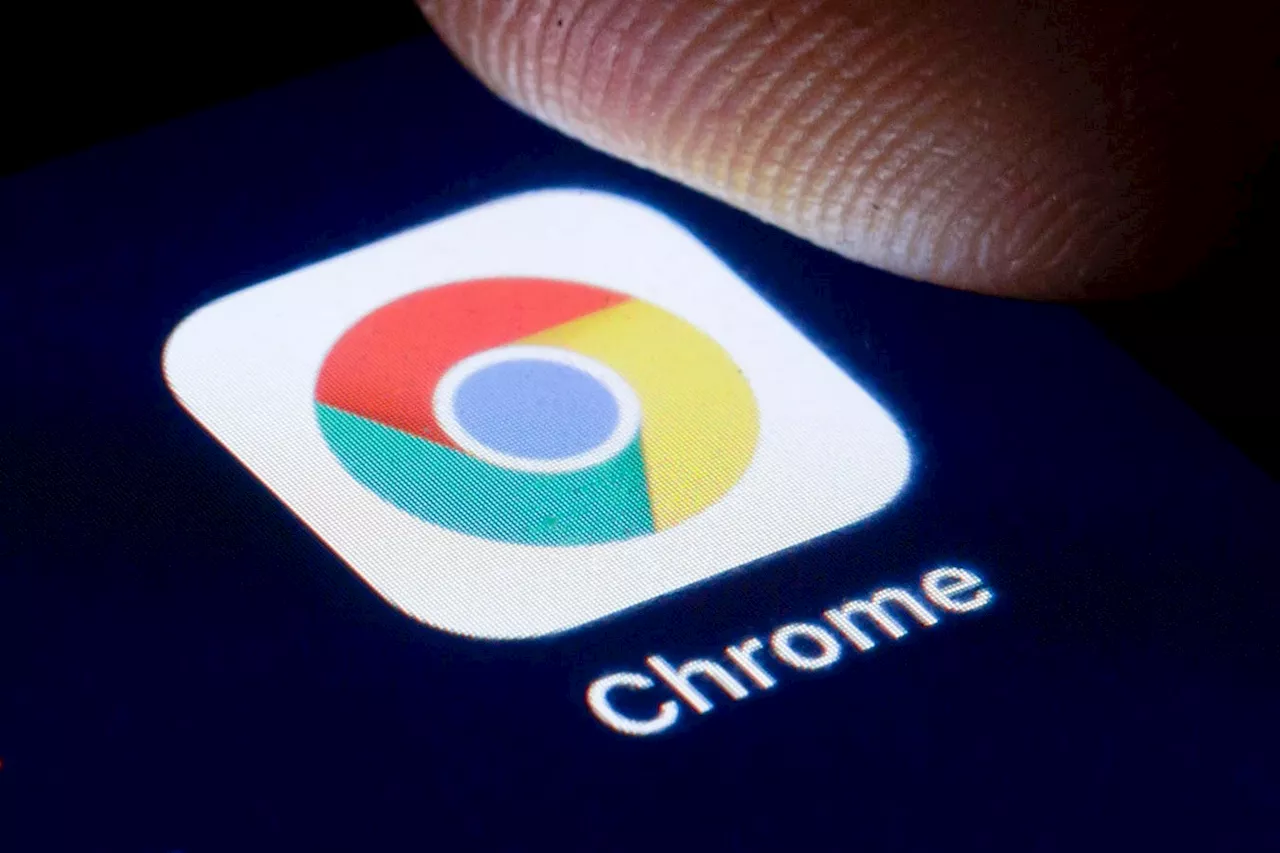 Hackers Exploit Google Search to Push Malicious Chrome ExtensionsSecurity researchers have uncovered how hackers are manipulating Google's search algorithms to push malicious Chrome extensions to the top of search results, exposing millions of users to potential threats.
Hackers Exploit Google Search to Push Malicious Chrome ExtensionsSecurity researchers have uncovered how hackers are manipulating Google's search algorithms to push malicious Chrome extensions to the top of search results, exposing millions of users to potential threats.
Read more »
![]() Google Starts Tracking All Your Devices In 6 Weeks—Forget Chrome And AndroidSay hello to 2025—the way you're tracked has suddenly changed. Here's what you need to know.
Google Starts Tracking All Your Devices In 6 Weeks—Forget Chrome And AndroidSay hello to 2025—the way you're tracked has suddenly changed. Here's what you need to know.
Read more »
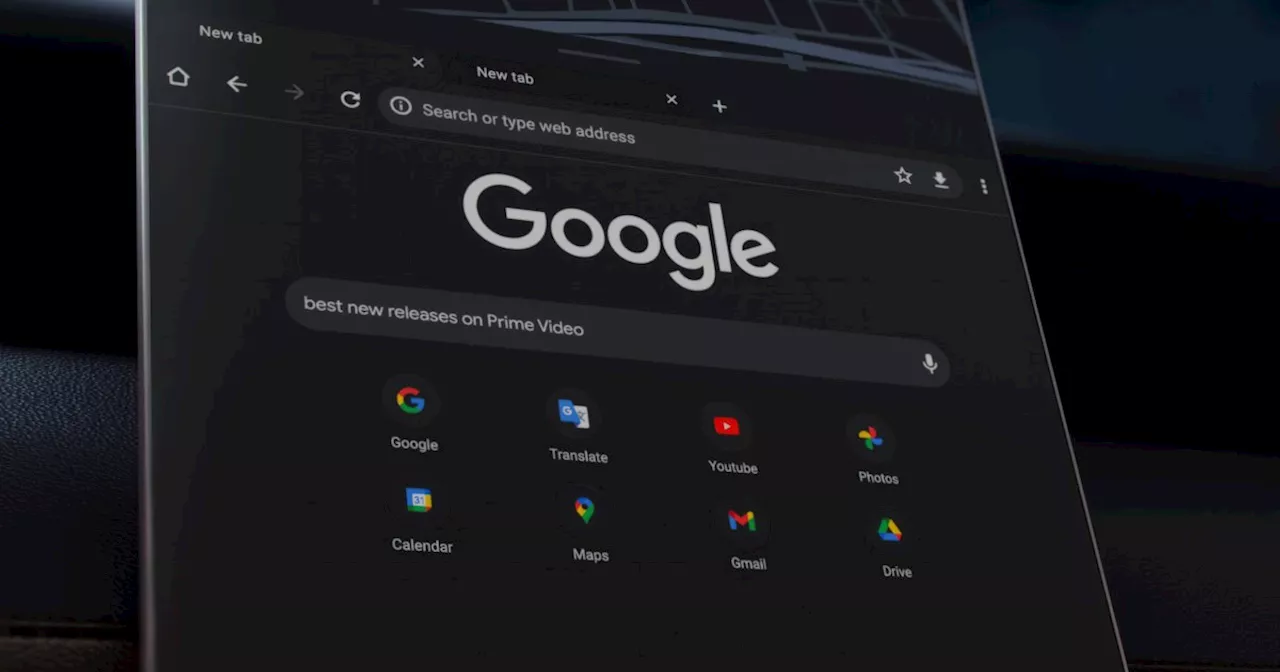 Google Tests AI-Powered Feature to Tame Annoying Website Pop-Ups in ChromeGoogle is experimenting with PermissionsAI in Chrome Canary, an AI-driven system designed to predict and manage website pop-up requests for location access and notifications.
Google Tests AI-Powered Feature to Tame Annoying Website Pop-Ups in ChromeGoogle is experimenting with PermissionsAI in Chrome Canary, an AI-driven system designed to predict and manage website pop-up requests for location access and notifications.
Read more »
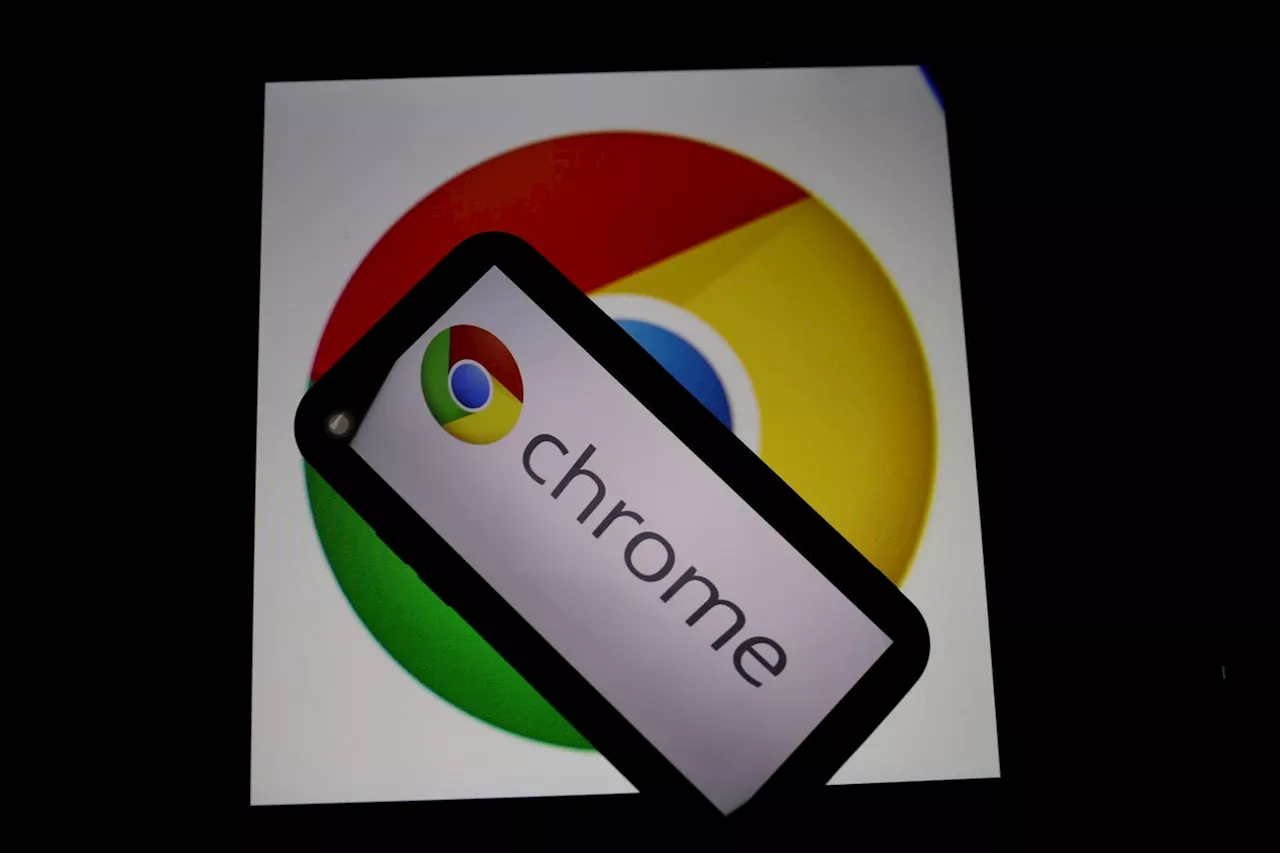 Troubleshooting Chrome Security Update FailuresLearn how to fix common issues preventing Google Chrome security updates from installing successfully.
Troubleshooting Chrome Security Update FailuresLearn how to fix common issues preventing Google Chrome security updates from installing successfully.
Read more »
 New Google Chrome Security Warning For 3 Billion Users—Act NowGoogle has issued a high-severity security warning for billions of Chrome browser users across Windows, Mac, Linux and Android—don’t ignore it, act now to stay safe.
New Google Chrome Security Warning For 3 Billion Users—Act NowGoogle has issued a high-severity security warning for billions of Chrome browser users across Windows, Mac, Linux and Android—don’t ignore it, act now to stay safe.
Read more »
